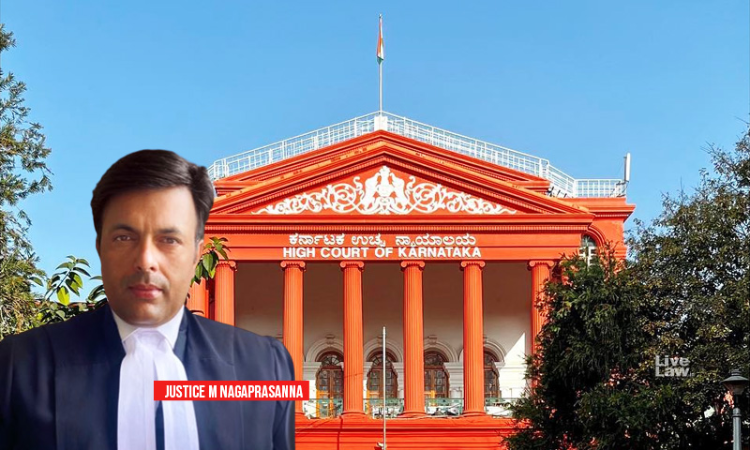SC/ST Act Can't Be Invoked Merely Because Victim's Mother Belongs To Scheduled Caste: Karnataka HC
Mustafa Plumber
3 Jun 2022 7:30 PM IST

Next Story
3 Jun 2022 7:30 PM IST
The Karnataka High Court has held that a person, whose one parent belongs to the scheduled caste community and another parent to forward caste, will have to in his complaint under the Schedule Caste & Scheduled Tribes (Prevention Of Atrocities) Act, 1989, specifically plead that he belongs to the schedule caste. A single judge bench of Justice M Nagaprasanna said, "Though the mother...
